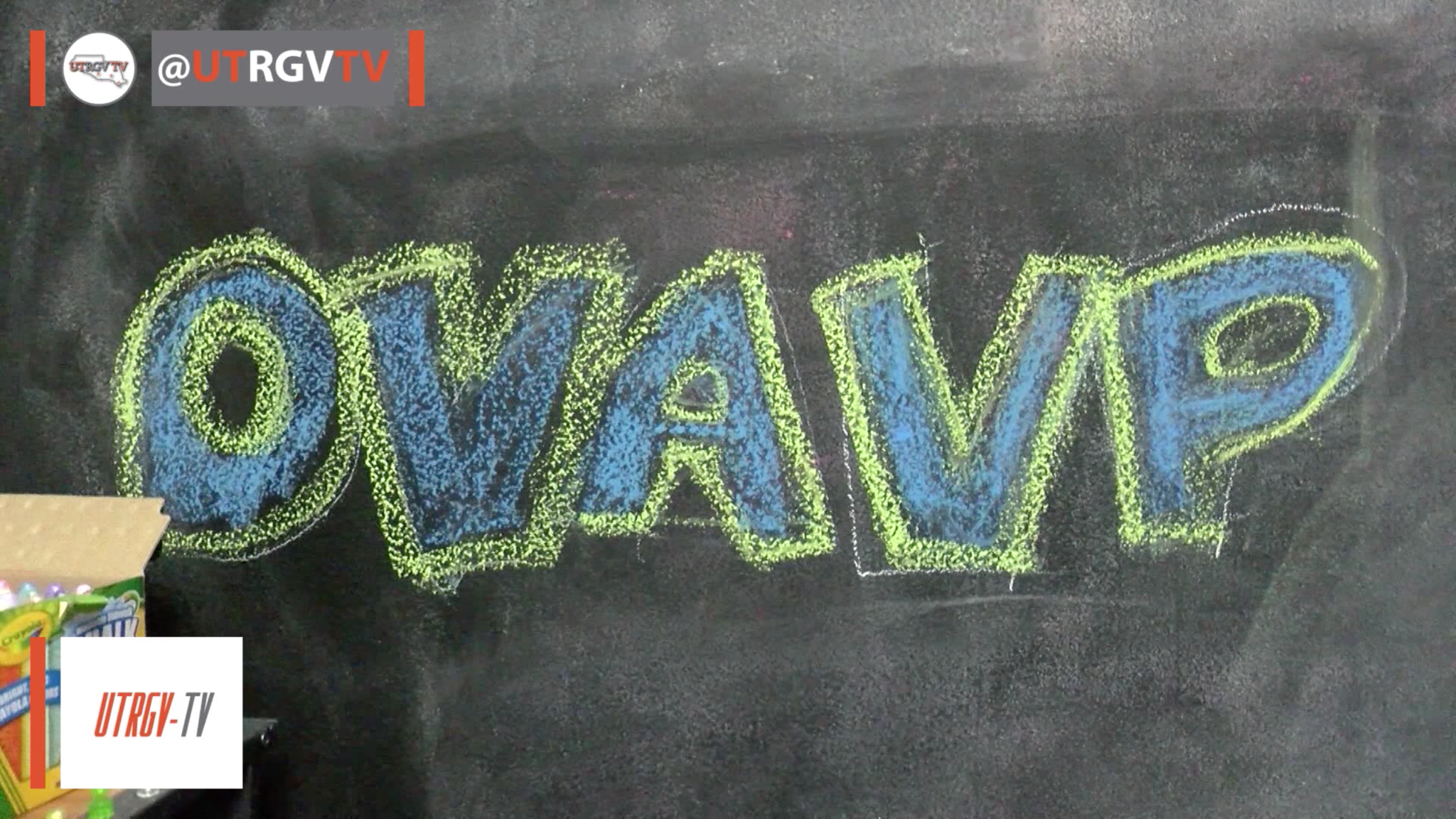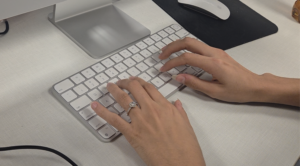
Edinburg – At the end of June Supreme Court Justice Anthony Kennedy announced his retirement. Two weeks later, President Trump made his decision backing Brett Kavanaugh as the next Supreme Court Justice.
Soon after, Dr. Christine Blasey Ford publicly came forward with details of an alleged incident of sexual assault against Kavanaugh where he held her down on a bed covering her mouth and tried to forcibly grope her during a high school party in 1982.
At the end of September 14, Kavanaugh and Ford both stood before the Senate Judiciary committee detailing their experiences under oath.
The program coordinator at the Office for Victim Advocacy and Violence Prevention says that there are different ways to get involved. Voting, protesting, and educating peers are all ways to make an impact.
“It’s important for us to try to create a culture where we are not victim blaming. Where we are not blaming the individual for coming forward but making sure that we are giving them resources and letting them know that we are here we believe you. We have an LGBT community who is subjected to victimization we have men who can also be subject to victimization. Not everybody speaks out not everybody will report what they have gone through,” said Miguel Venegas, the OVAVP program coordinator.
The office for victim advocacy and violence prevention is the only confidential center at UTRGV for students, faculty, and staff.
Click on the video below to watch the full story.
https://www.facebook.com/UTRGV.TV/videos/275977619690832/




